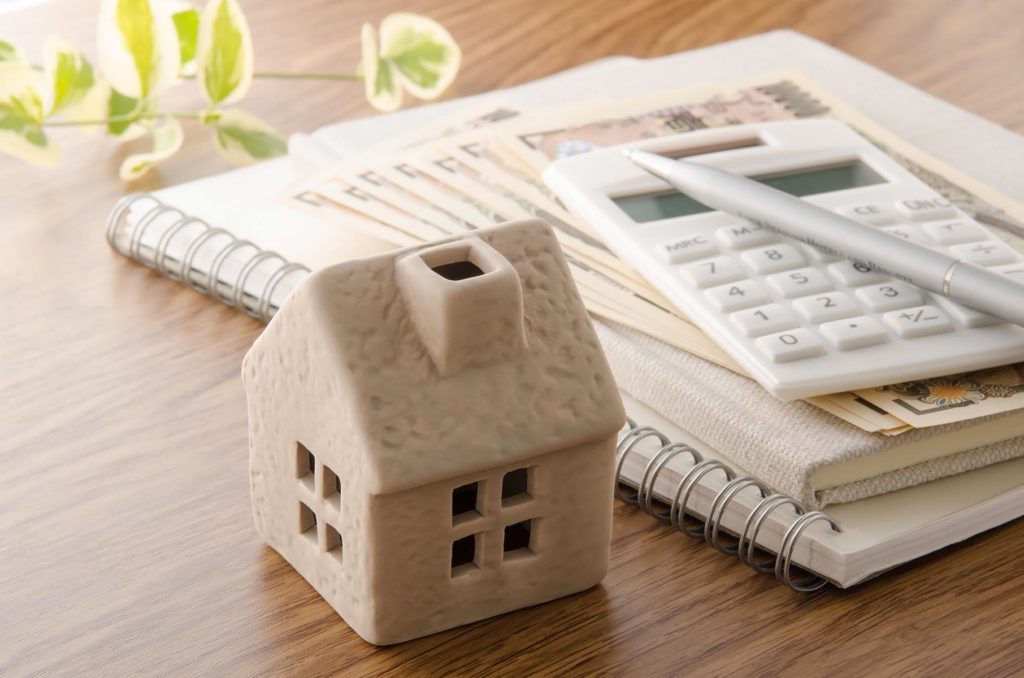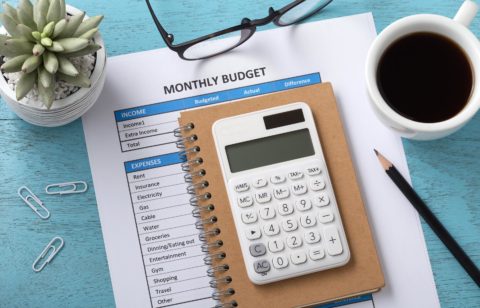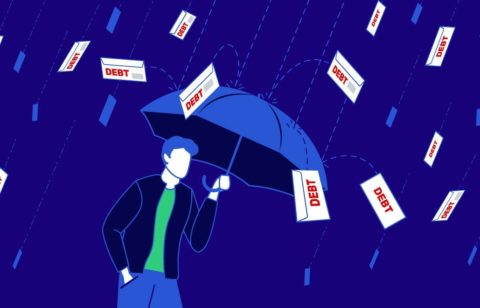Would you like to live free with no mortgage payment for months or even years? If you could, how much would that put in your pocket each month – $800, $1,000, $1,200 or even more? If you’re like most Americans and own your own home you can actually do this through a strategic default.
What exactly is a strategic default
A strategic default is very simple. It’s where you decide to just stop making payments on your mortgage despite the fact that you have enough money that you could keep making them. You will then live rent free until such time as your lender forecloses on your home, which can take anywhere from several months to several years. You can use the money you saved to pay off or negotiate other debts. Your lender might even negotiate with you to make sure you continue to maintain the house until such time as it can take title and sell it.
Why would you do a strategic default?
This is something that you would do if you were underwater, that is you owe much more on the house than it’s worth. This is also sometimes called negative equity.
You can determine if a strategic default would make sense for you by calculating what your house is worth now versus what you owe on your mortgage. You can estimate your house’s value using recent sales in your area from zillow.com, which is called a “zestimate” or by using an online home value tool such as the one offered by Coldwell Banker.
What are your state’s laws?
Before you decide to do a strategic default, it’s important to learn what your state’s laws say about walking away from your mortgage. There are some non-recourse states where lenders can’t attempt to get back what you have still on the mortgage by seizing other assets such as a bank account or your car. California and North Carolina are two of these states. In states such as New York and Florida where lenders do have recourse, you have to be careful because the mortgage holder can threaten to get a judgment and seize some of your other assets.
You probably won’t end up in court
Your lender may foreclose on your house but probably won’t take you to court because it’s very costly and there’s little to gain. Rather than take you to court to seize your car or some other asset, it’s more likely your lender will just try to resell the house.
How would affect my credit?
A strategic default will definitely have a negative affect on your credit score. You will have “bad” credit and may have to pay very high interest rates for the next several years. You probably won’t be able to purchase a car or another home. However, you could end up with a credit rating above 660 in just two years after the foreclosure. Plus, you might actually be able to get an FHA loan in as few as three years and buy another house.
Don’t stop paying your other bills
Some people who have elected to do a strategic default make the mistake of not paying their other bills. They believe that since their credit is now ruined, why pay anything else. But the fact is, the more you damage you do to your credit while losing your home, the more difficult it will be to bounce back. It’s better to keep paying as many of your bills as you can. This is because the healthier you keep your credit, the less damage the bank can do to you when it forecloses on your home.
Another solution
If you are deeply in debt, you might use a strategy called debt settlement instead of losing your home. This is where you put our debt counselors to work. They will contact your creditors and negotiate settlements that can save you literally thousands of dollars. They will also help you develop a payment plan that can get you out of debt 24 to 48 months. Debt settlement will have a negative effect on your credit score but probably not as serious a one as if you were to let your house go into foreclosure. Call our toll-free number today for more details.





